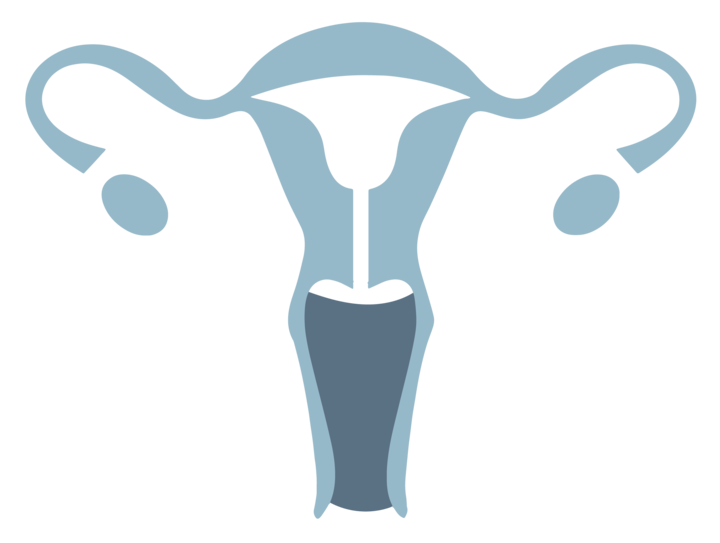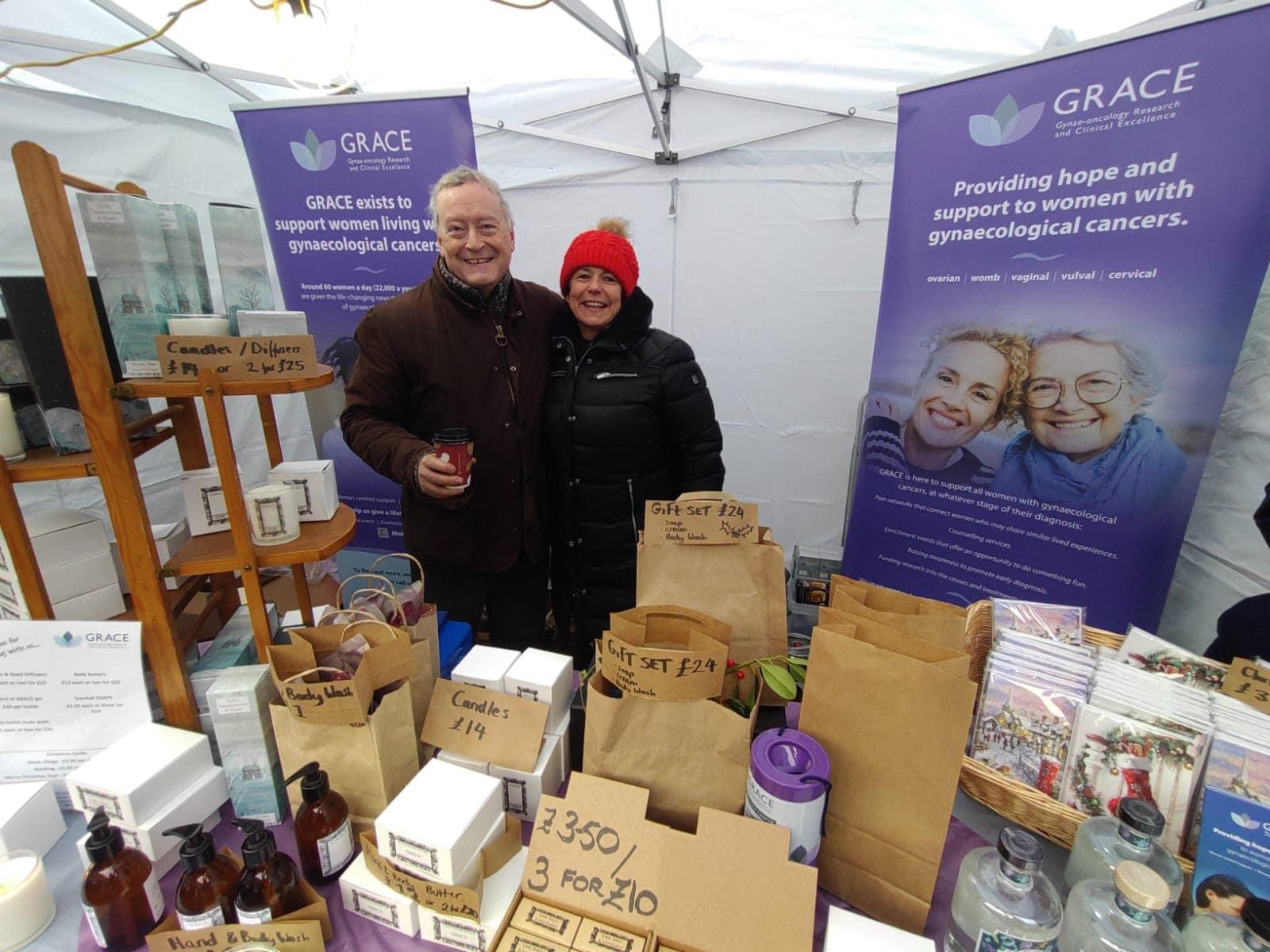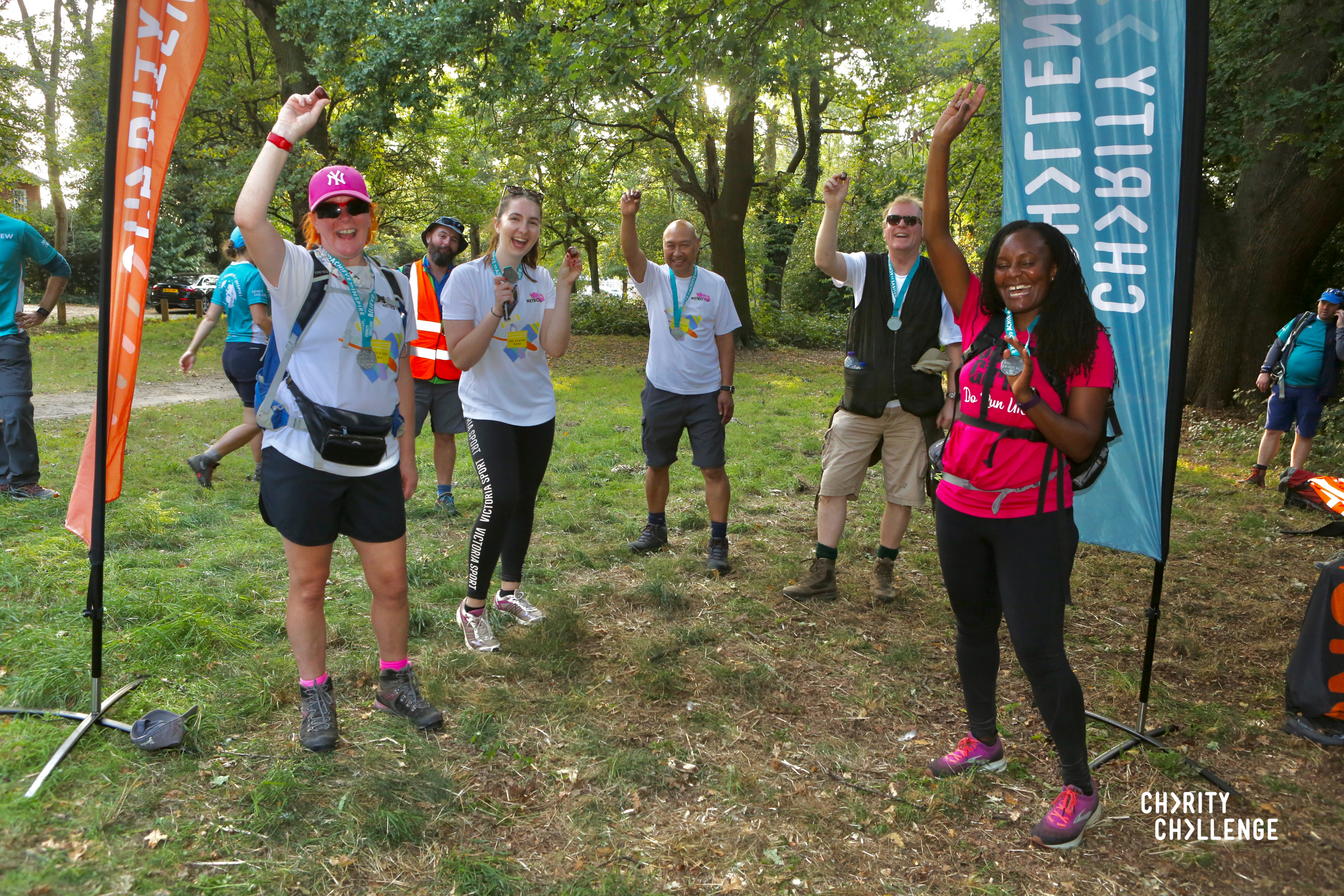EXCLUSIVE SHOWING OF A PRIVATE CAR MUSEUM
Join us for an exciting viewing of a private car collection housing vintage, classic, super and modern day hyper cars.
A treat for all car enthusiasts.
For more information and to book tickets, visit our online shop by clicking here
GRACE supports women living with gynaecological cancers across Surrey, West Sussex, and Hampshire.
Our focus is on raising vital awareness to promote early diagnosis of the five gynaecological cancers; fund desperately needed research into their causes and treatments; provide local hospitals with vital surgical equipment; and to offer and facilitate peer support to women who are diagnosed.
The work undertaken by GRACE is plugging a gap for a desperately neglected area of cancer research. Every year one million women worldwide are diagnosed with a gynaecological cancer – such as cervical or ovarian. They account for 10% of all cancers. In the UK alone, 18,000 women are diagnosed with a gynaecological cancer every year.
GRACE is dedicated to research which will improve the treatment, recovery, and survival rates of women diagnosed in the future and are currently involved in several projects). These findings feed into the wider UK cancer network, helping to influence and shape the diagnosis and treatment of these women, both now and in the future.
To get involved or find out more about the support and services we offer, email: info@grace-charity.org.uk or call 01483 904153.
See what we’re up to on Social Media
Funding research and raising awareness
for all gynaecological cancers
Take part in a Charity Challenge and help us raise vital funds
Whether you like to take yourself off to climb to the top of the three highest British peaks, or you prefer to set yourself up for a walk, run or cycle challenge, there’s a charity challenge suitable for everyone. The best bit of all is you can join up with friends, or go it alone, and not just take part in a fun past time, but also raise money for us at the same time. Take a look at some of the events below, or explore the open challenges section, and see if there’s something that peaks your interest.
SIGN UP AND CHALLENGE YOURSELF FOR GRACE




















